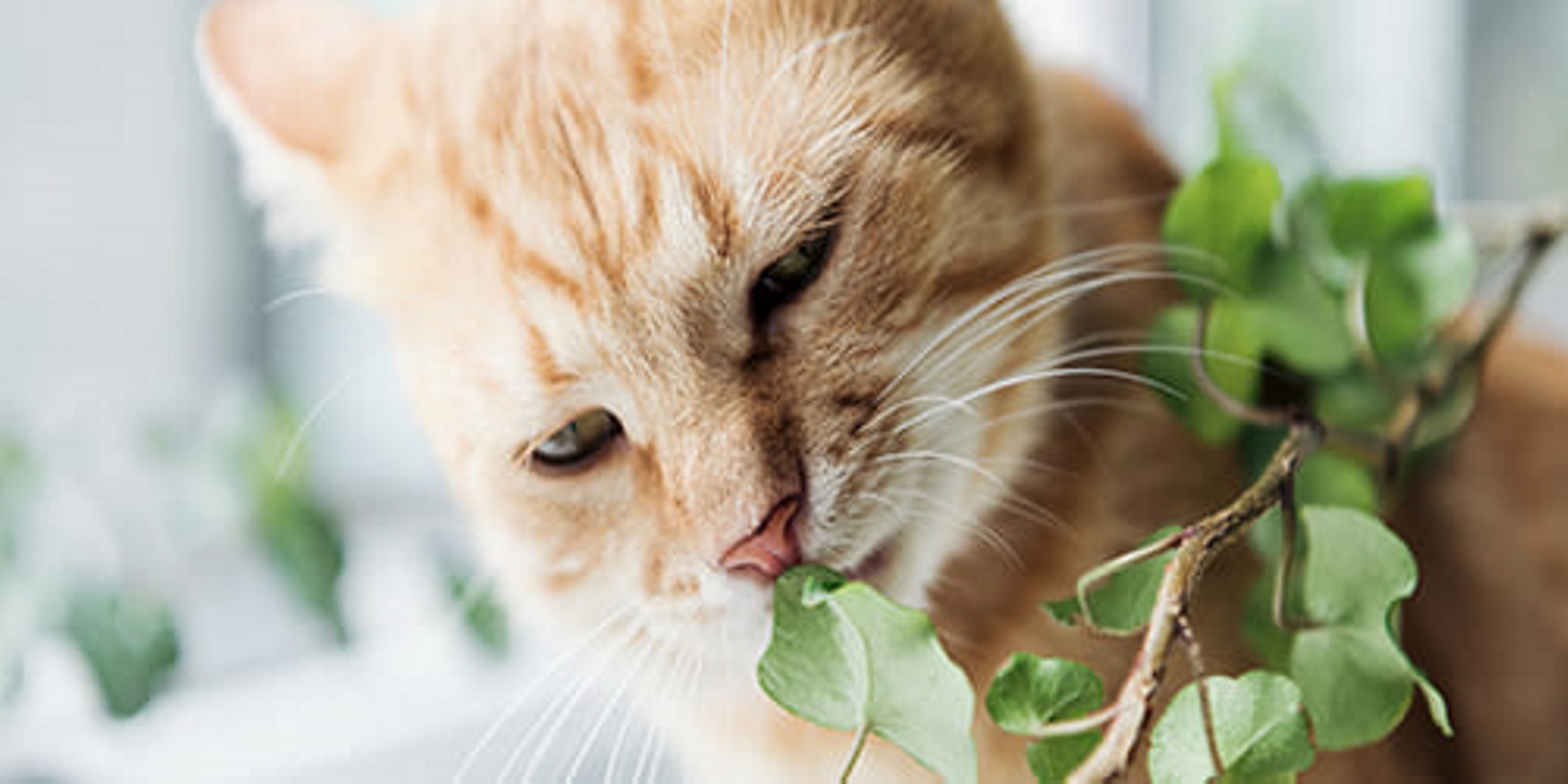Cats and Poisons

BY DR ALICE MARSHALL, REGISTERED VETERINARIAN (NSW VSB)
There are many things around your home which can be poisonous to cats. Below are some common household items which it can be useful to be aware of as a cat owner.
TOXIC FOOD FOR CATS
Certain foods can be toxic to cats, even in small doses. As a cat owner, it is good to restrict your cat’s access to:
• Raw eggs, meat, bones – eating these can lead to salmonella or E. coli poisoning, and vomiting, diarrhoea, listlessness and weight loss. There is also a chance these infections can transfer to humans through handling or cleaning.
• Dog food – not immediately toxic, but to thrive cats need a different set of nutrients to dogs. Cats are not just ‘little dogs’; they need higher Vitamin A and protein levels than dogs and must also have taurine and arachidonic acid in their food. Without enough taurine, cats can develop heart disease, vision and dental issues.
• Raisins or grapes – even small amounts of these can lead to the rapid development of kidney failure. Vomiting, lethargy, abdominal pain and reduced urination are all signs of toxicity.
• Chocolate and coffee – the methylxanthines in chocolate can cause abnormal heart rhythms, high temperatures, muscle tremors and potentially seizures. These substances are also in caffeinated beverages, which should also be avoided. Generally, darker chocolate is more toxic than milk and white chocolate.
• Onions and Garlic – can damage your cat’s red blood cells and lead to anaemia. Large quantities are usually required; however, cats should also avoid concentrated forms such as garlic powder.
• Milk – even though cats may enjoy milk, their digestive systems are not equipped to handle lactose, and it may lead to diarrhoea.
TOXIC PLANTS FOR CATS
Many plants are irritants and can cause local inflammation of a cat’s skin and mouth. If eaten, some plants cause damage to internal organs, like the kidney or heart.
Cats will usually avoid plants which are poisonous to them. However, sometimes curiosity gets the better of them, and they nibble on a plant. Eating a toxic plant can cause a range of symptoms, from vomiting to severe illness and death.
As such, it is best to keep the following plants away from cats:
• Lily toxicity is particularly dangerous for cats. Asian, Day, Easter, Glory, Japanese Show, Peace, Red, Rubrum, Stargazer, Tiger and Wood lilies are all toxic to cats. Despite treatment from vets, lily toxicity causes many cats to die.
• Tulips, Aloe Vera, Daffodil/Jonquils, Hyacinths, Sago palm/Sago cycad, Mother in law’s tongue and Asparagus fern can all also cause poisoning in cats.
HOUSEHOLD HAZARDS
Many of the everyday things we have in our houses, under our sinks or in our laundry cupboards can be poisonous for cats. When you own cats, it is important to think about where you store the following items:
• Rat or mouse bait, ant bait, snail or slug bait – designed to attract animals, these baits can also poison your cat. Consider the use of them and try to use alternatives where possible. Ingestion of snail or slug bait can be fatal.
• Human pain relief medicines – paracetamol (Panadol), ibuprofen (neurofen) and aspirin (at toxic levels). Cats are extremely sensitive to paracetamol; one regular strength tablet can be harmful to a cat.
• Other human medicines – such as antidepressants, ADHD medication, diet pills should all be in a locked cupboard that is inaccessible to curious felines.
It is important only to give your cats medication which has been prescribed and recommended by your veterinarian.
WHAT TO DO IF YOUR CAT IS POISONED
If your cat shows any signs of illness, including vomiting, drowsiness, diarrhoea or breathing difficulties, take your cat to the vet immediately.
If you know what your cat has eaten, take it with you - fragments of plants, medication or chemical boxes can all help your veterinarian decipher what is going on.
Treatment for a poisoned cat is specific to the poison involved and the symptoms the cat is displaying. Your vet will tell you what treatments are required and will work with you to hopefully help return your cat to good health.
This article is for general information only. We recommend that you seek your veterinarian’s advice regarding treatment for your pet.
To learn more about Vets Choice insurance for pets, visit our cat insurance page or get a quote today.